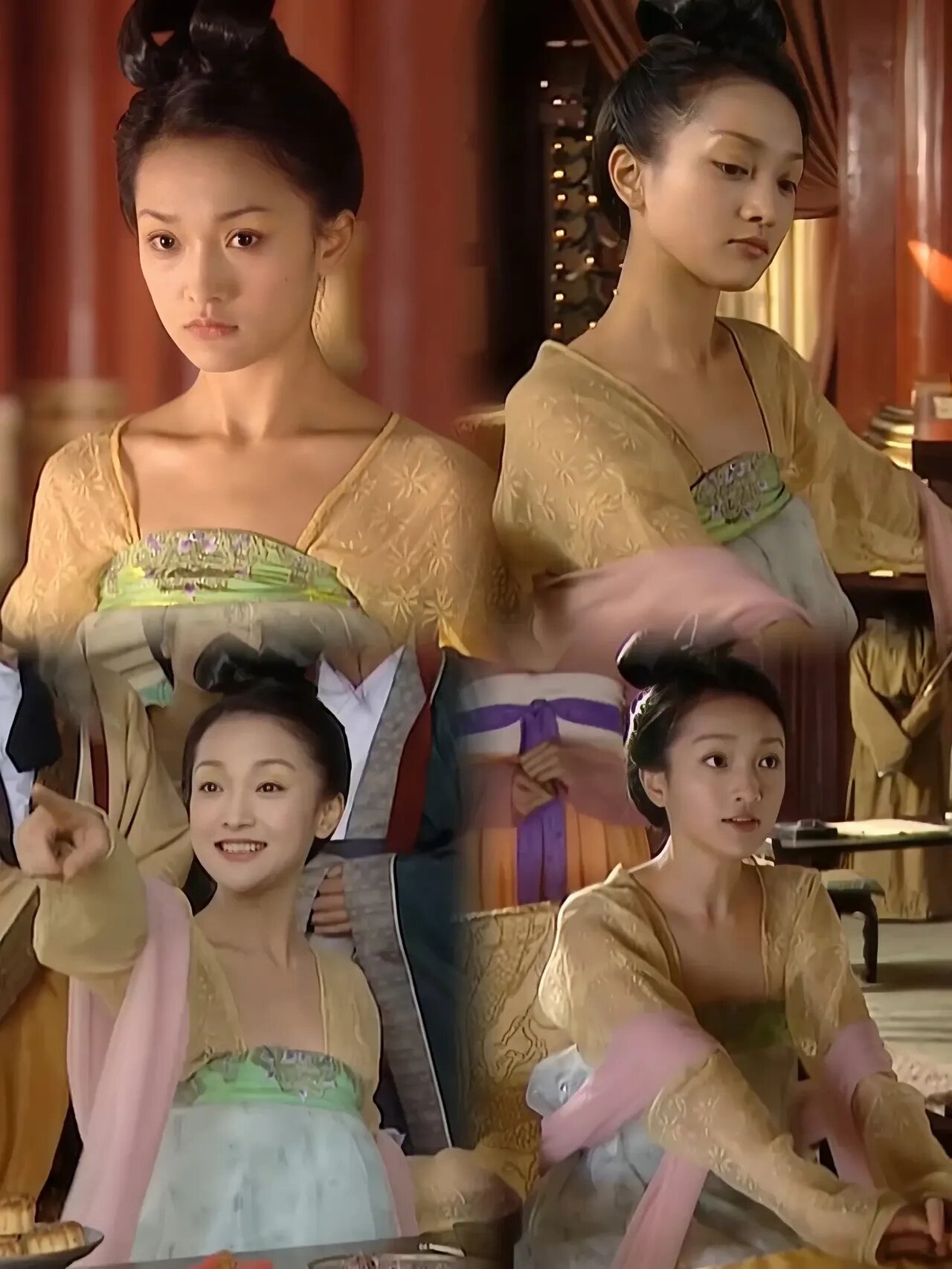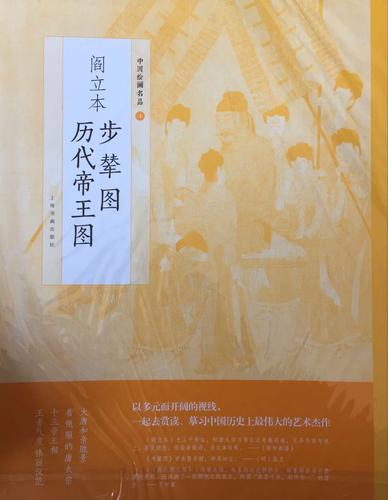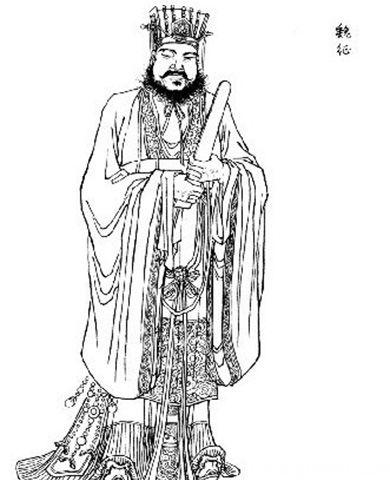Luobin Wang, a famous poet of the Tang Dynasty, is a tourist. Today, the History Encyclopedia editor brings you relevant content to share with you.
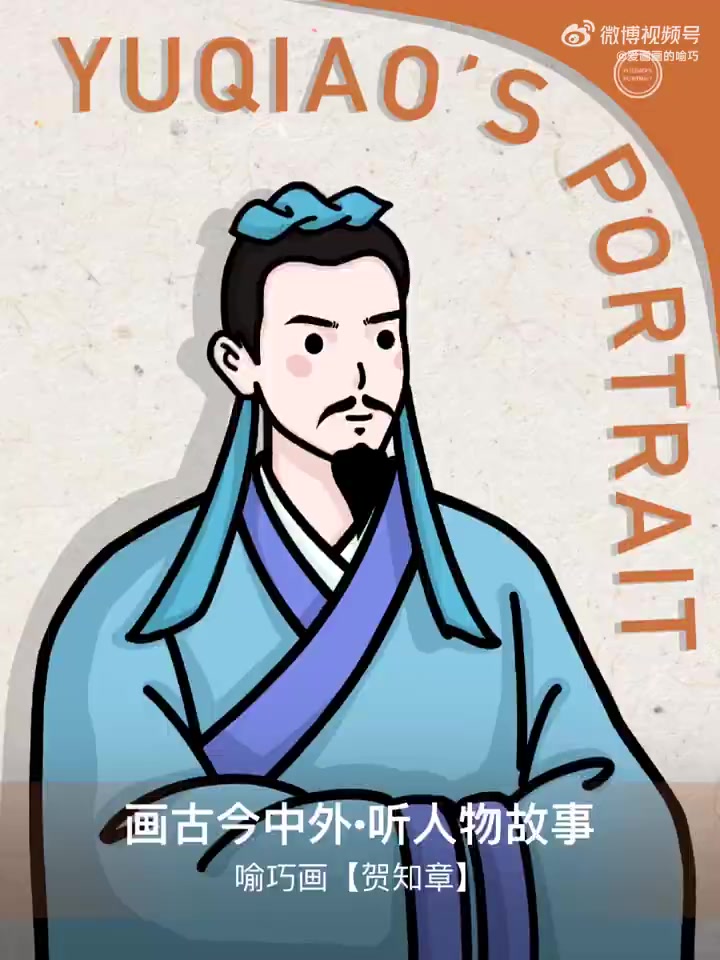
The Tang Dynasty was a desirable era, not only because it had a prosperous Tang atmosphere, but also because it was an era of poets, an era where poetry and prose can be passed down through the ages.
China is a country of poetry, and Tang poetry is the crown of the long river of poetry. Due to its large quantity, wide circulation, and high artistic conception, Tang poetry has always been regarded as the highest peak of Chinese poetry.
The great era gave birth to great poets and countless famous poems. Li Bai, Du Fu, and Bai Juyi are all well-known great poets.
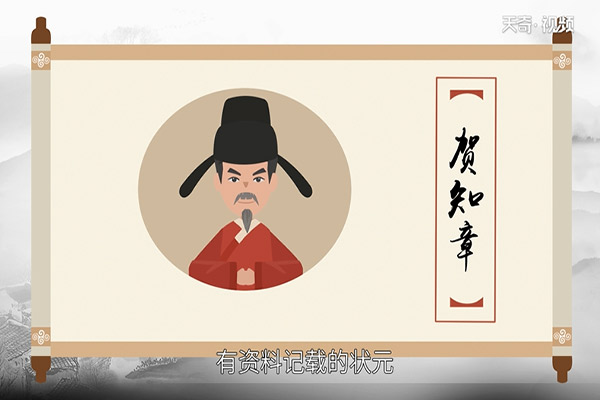
At the same time, we can also recite some Tang poems casually. Even busy Chinese people who haven’t flipped through books for many years, on the night of Mid Autumn Festival and when they feel homesick, will remember Li Bai’s poem “The bright moon in front of the bed, probably the frost on the ground, looking up at the moon and looking down at their hometown.
Some people say that ‘Spring River Flower Moon Night’ is a solitary piece that surpasses the entire Tang Dynasty, but I don’t think so. Poetry belongs to the entire people, to history, not to some minority people.
The poem ‘Spring River Flower Moon Night’ is well written, but it is too long. Whether a poem can be remembered or not depends on its length.
Due to the length of this poem, many people are completely unaware of its existence, let alone in the busy modern society where even fewer people know about it.
If we were to select poetry at the national level, which is the most widely known, Li Bai’s “Quiet Night Thoughts” would definitely be among the top. Anyone who has studied compulsory education, or even those who have not started compulsory education, can memorize this poem.
But this is not the true ceiling of Tang poetry. If Tang poetry were to expand to every person in China, in terms of familiarity and memorization, the ceiling would be the poem ‘Ode to the Goose’:
Goose, goose, goose, melody to the sky, white hair floating on green water, red palm stirring clear waves.
This is definitely a ceiling level Tang poem. Almost all Chinese people, when they were enlightened, had this poem. Like Li Bai’s ordinary sentences, this poem is so plain that it doesn’t seem like a poem, but it can be catchy, passed down and remembered.
Don’t underestimate this simple poem. The simpler it is, the more difficult it is without any embellishment or carving. Such simple sentences can form beautiful images, and more importantly, children can understand it. Adults don’t need any training to fully explain this poem to their friends.
This is the charm of genius. It may seem simple, but you can’t write it down. Even after someone says it, you slap your thigh and say, ‘Why didn’t I think of it?’.
The author of this poem is Luo Binwang, one of the famous Four Masters of the Early Tang Dynasty. We have always attached great importance to the tradition of reading, so when we see good articles and poems, we unconsciously believe that the author must also be very good.
In fact, Luo Binwang’s life was very poor, not only for him, but strictly speaking, the lives of the Four Heroes of the Early Tang Dynasty were also very bad, and their lives were not very good.
Luo Binwang comes from a humble background, but he is a child prodigy. When he was very young, he was very famous in the countryside. This poem “Ode to the Goose” was written by Luo Binwang when he was 7 years old. Such a genius is truly rare in the world.
But as Li Bai joked, as time passed, the life of Luo Binwang was very difficult, and in the end, he even chose a dead end on his own.
At first, he worked as a secretary at the residence of King Li Yuanqing, which was a choice for many people to enter the officialdom. In 678 AD, he became an imperial censor and was soon impeached and imprisoned.
Later, he was pardoned and appointed as the magistrate of Linhai County in 680 AD. Later, he was dismissed from his position. The reason why King Luo Bin was repeatedly criticized was because he had always disliked Wu Zetian and often satirized her realistically. When he was in office, he often complained and discussed various things.
In the end, a large number of politically unsuccessful people gathered in Yangzhou to vent their dissatisfaction. Xu Jingye took the lead in provoking trouble, preparing to rebel and restore the Li Tang dynasty.
Among them, Luo Binwang served as the confidential secretary and was responsible for the famous article “Fighting for Xu Jingye’s Military Affairs”, which was written very well. After reading it, Wu Zetian blamed the Prime Minister for not discovering such a good talent before. This is completely your dereliction of duty.
In that era, those who opposed Wu Zetian were not necessarily loyal ministers. Xu Jingye and his group were simply a group of unsuccessful young people who had a sudden idea and rebelled on impulse without sufficient preparation or reasonable reasons. No matter how well written Luo Binwang’s articles were, they could not accommodate Wu Zetian’s army.
The final outcome of King Luo Binwang has always been controversial, which is in line with the fate of a poet. Xu Jingye was quickly defeated and killed. The “Zizhi Tongjian” states that he was killed at the same time as Xu Jingye, while the “Chaoye Jiezai” states that he died by throwing himself into the river. The “New Book of Tang” originally tells of him as “fleeing without knowing where to go”.
Based on the various statements above, there is a high possibility that Luo Binwang escaped. From his poetry and writings, it can be seen that he once lived in the Hunan Jiangxi border area for a period of time, but eventually disappeared completely.
A poet, perhaps this kind of ending is romantic enough, but in his life, he only has a talent but never achieves success. But because of a song of singing geese, he is familiar to the widest audience, which is stronger than countless successful titles and the creation of kings, nobles, generals, and ministers who disappear into the long river of history.
A poem, a genius, a tortuous life, it is very appropriate to end it with a line from Du Fu’s poem: Wang Yang, Lu Luo, in his current style, light and thin as a literary masterpiece. Ercao’s body and name are both destroyed, and the rivers and streams will continue to flow for eternity.
Those who mocked the Four Heroes have long been extinct, but their poetry can be passed down forever like rivers.

